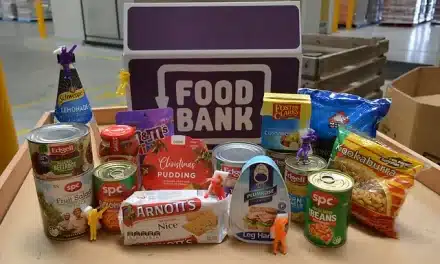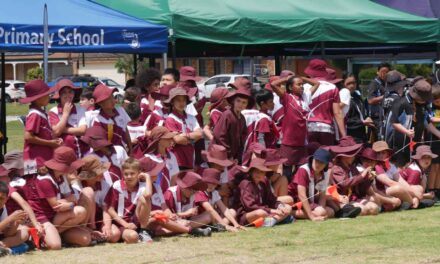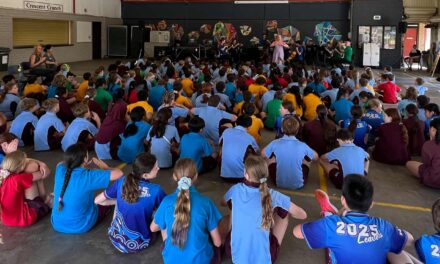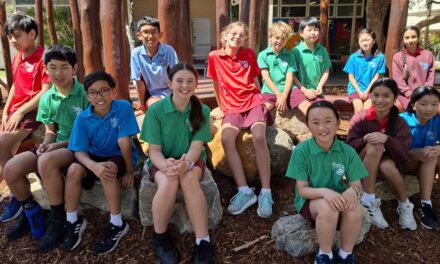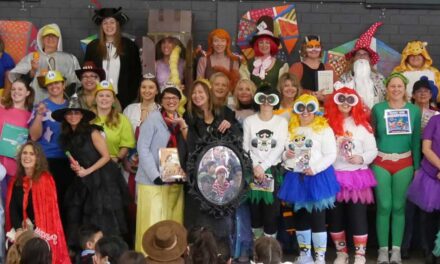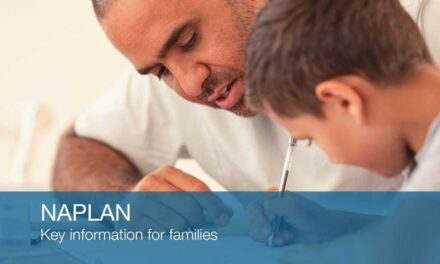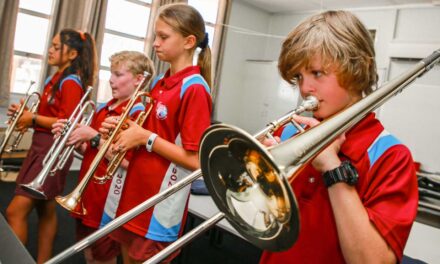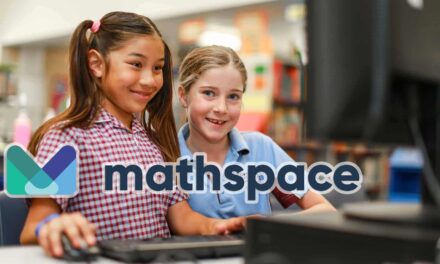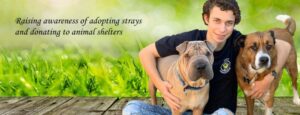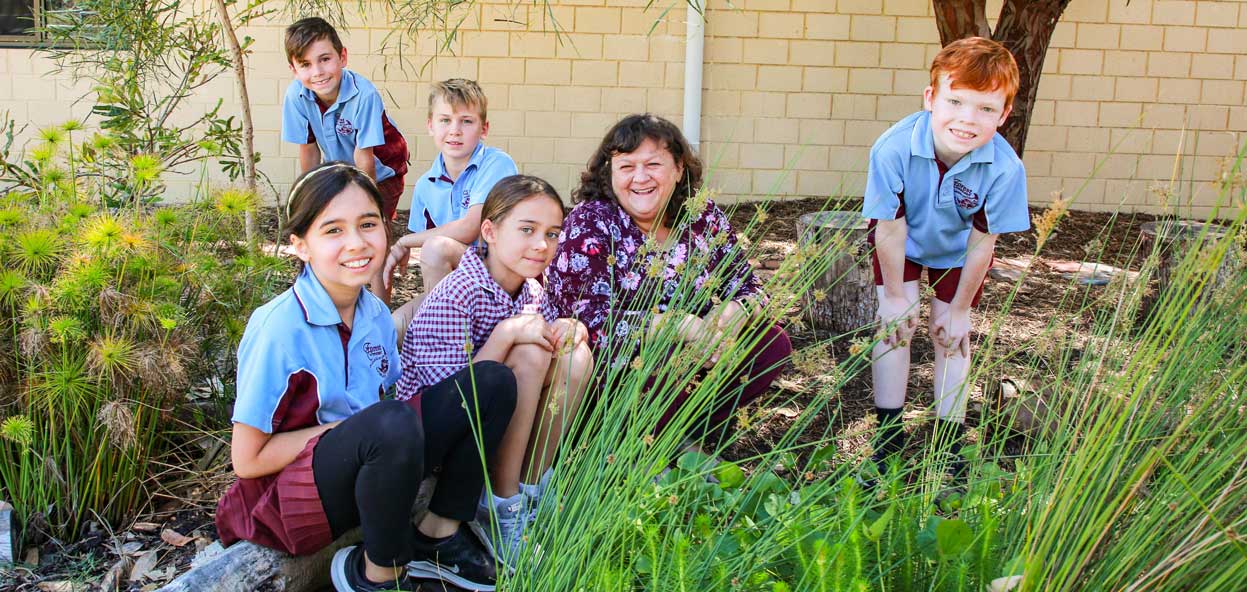Forest Crescent PS Sustainability Focus
Forest Crescent Primary is working towards becoming a more sustainable school by embedding sustainability programs and actions within the daily running of our school. We want to be reflective about our successes and set goals for further improvement with our staff & students making a positive impact in the world in which we live environmentally, socially, culturally & economically.
Our Vision
The school community (staff, students and parents) will:
- develop a greater understanding of sustainability and how it encompasses environmental, social, emotional, cultural and economic issues.
- demonstrate a commitment to the development and implementation of sustainable practices.
Initial Startup
In 2010 Forest Crescent PS joined the Australian Sustainable Schools Initiative (AuSSI) with the aim of setting up processes and programs to increase its social handprint and decrease its ecological footprint.
Since 2003 the school has been a “Waterwise” school and in 2011 it received accreditation as part of the “Waste Wise” Schools program.
In 2011 we saw the establishment of year level sustainability projects which saw all students involved in a diverse range of social and environmental experiences throughout their time at our school.
Other achievements in 2011 have been the initiation of the zero-waste lunchbox challenges held twice a term, whole school participation in Harmony Day, Water Week and National Recycling Week activities, incursions from the Worm Shed, Water Corporation and Department of Environment and Conservation (Ribbons of Blue) and the establishment of several recycling projects. The school has also experienced cost benefits from the installation of a water tank and solar panels and more efficient light system through a National Solar Schools Grant in 2010-2011.
